
The income tax exemption for those under 25 has been extended to include young mothers aged 25-30. The new regulation has been in force since 1 January.
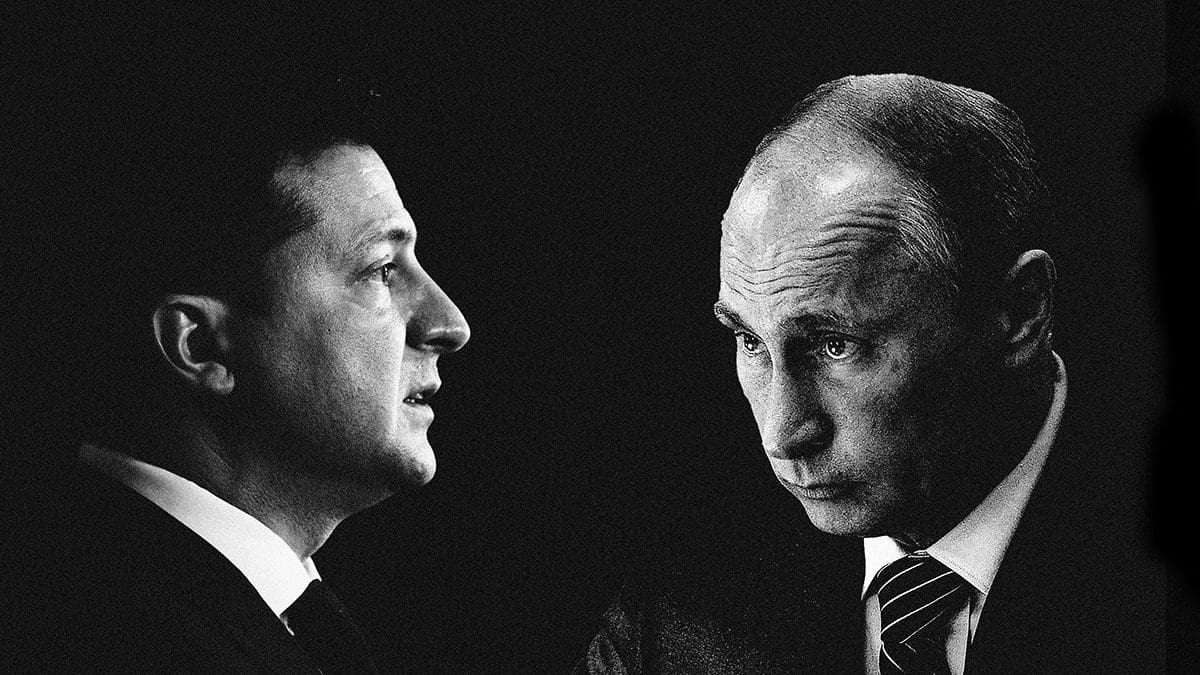
Russian President Vladimir Putin suggested a one-and-a-half-day truce in the Russo-Ukrainian war, but the Ukrainian leadership and their Western allies do not want any part of it, considering Moscow’s proposal a sham. To what extent the guns on the front will die down until Saturday evening is highly questionable.
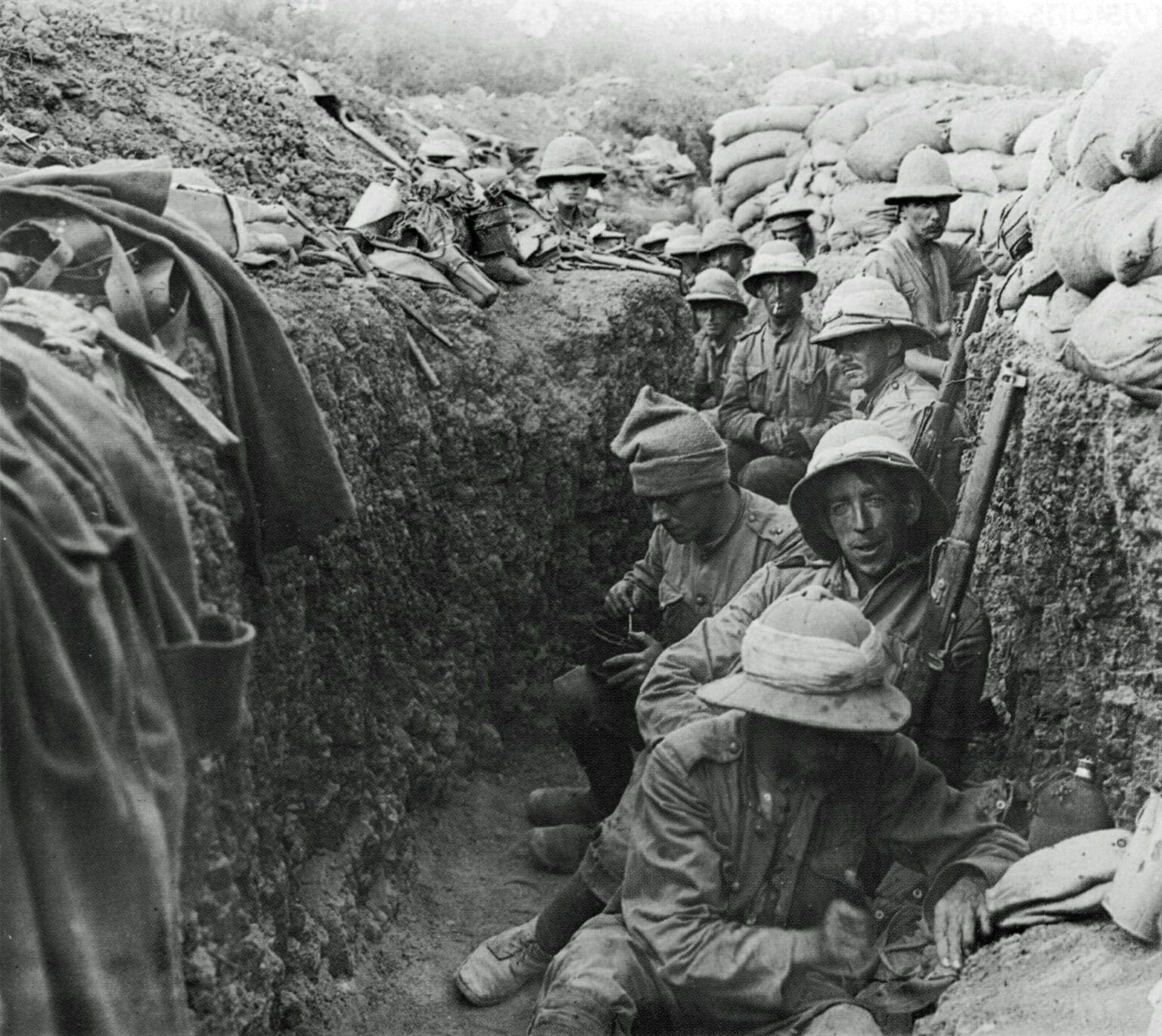
Ukrainians fire as much artillery ammunition in two days as US munitions factories produce in a month—and even so, they achieve only one-sixth or one-seventh the density of fire of the Russian artillery. The question is where the West will draw the line when it comes to feeding the insatiable Ukrainian war machine.
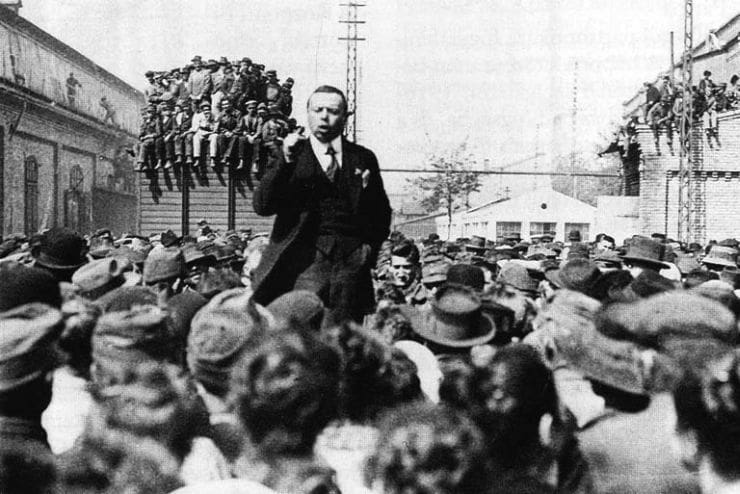
Paradoxically, Communist Béla Kun and the contemporary nationalist racists had more in common in terms of their views than the Communist leader had with the social-democratic and the left-leaning bourgeois émigrés.
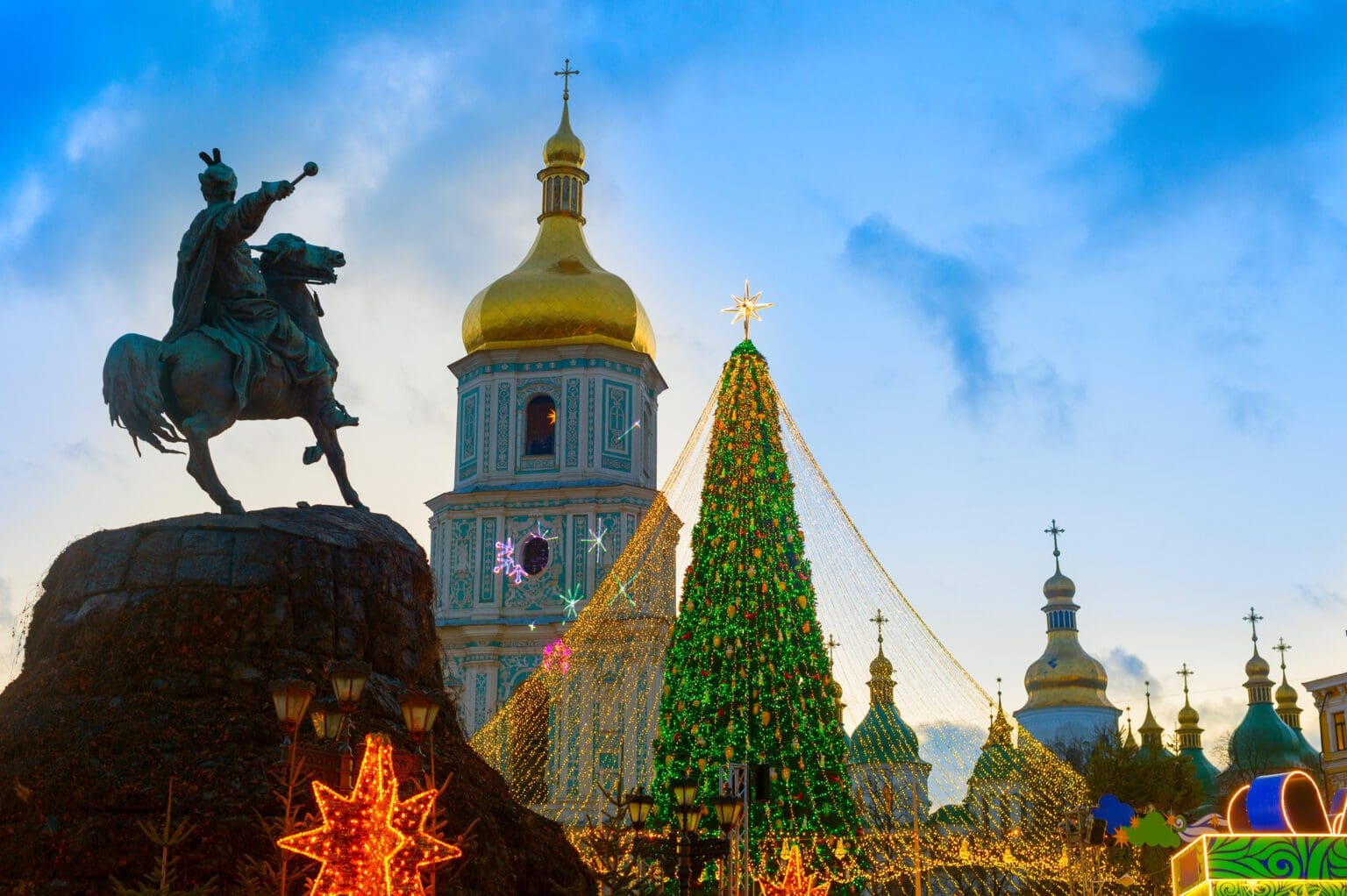
Ukraine used to celebrate Orthodox Christmas Day on 7 January, but as a cultural shift away from Russia, Ukrainians are increasingly keen on celebrating Christmas in December.

The internal documents released by Twitter’s eccentric billionaire owner show a disturbing relationship between the social media giant’s former management and political parties in the United States.
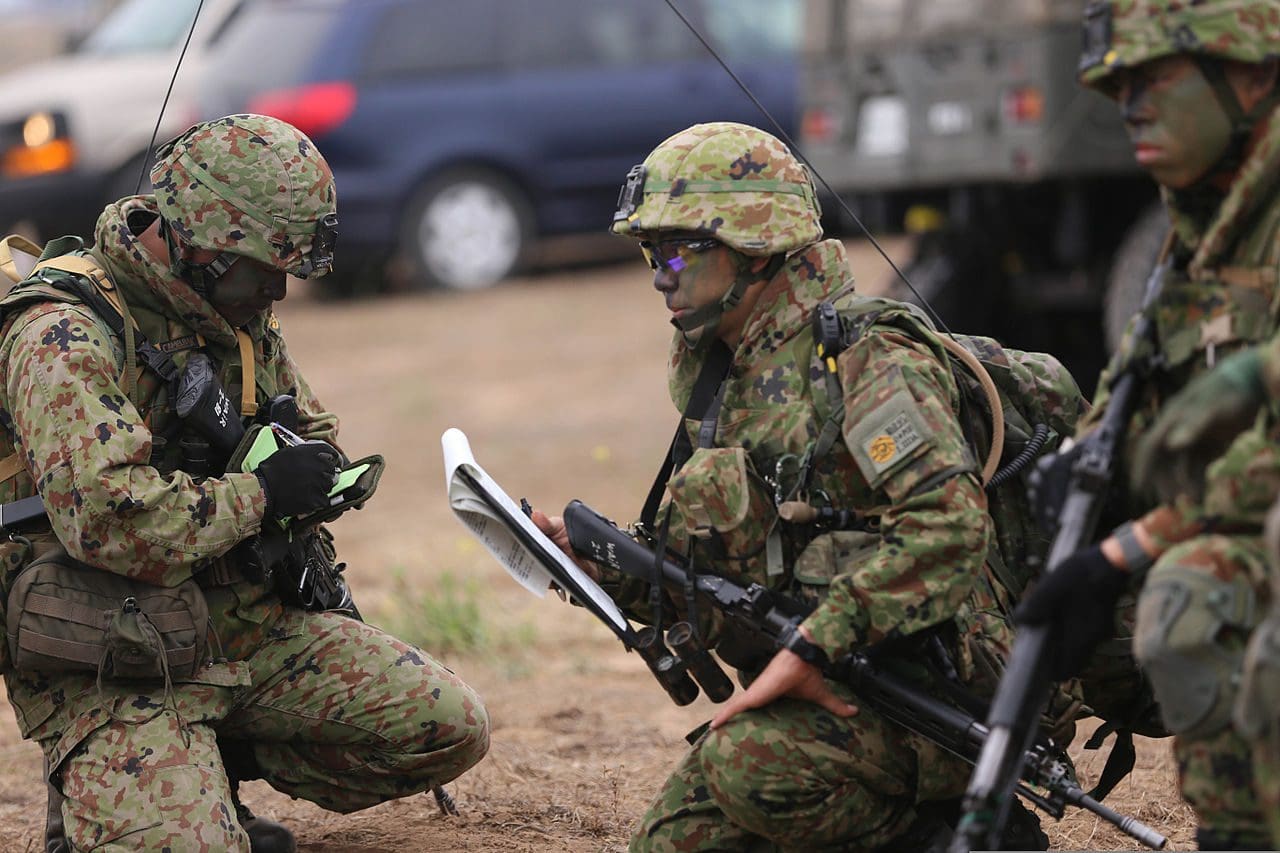
Japan’s new National Security Strategy acknowledges that the balance of power has shifted significantly towards China, a country that has been going through a massive military build-up for decades.
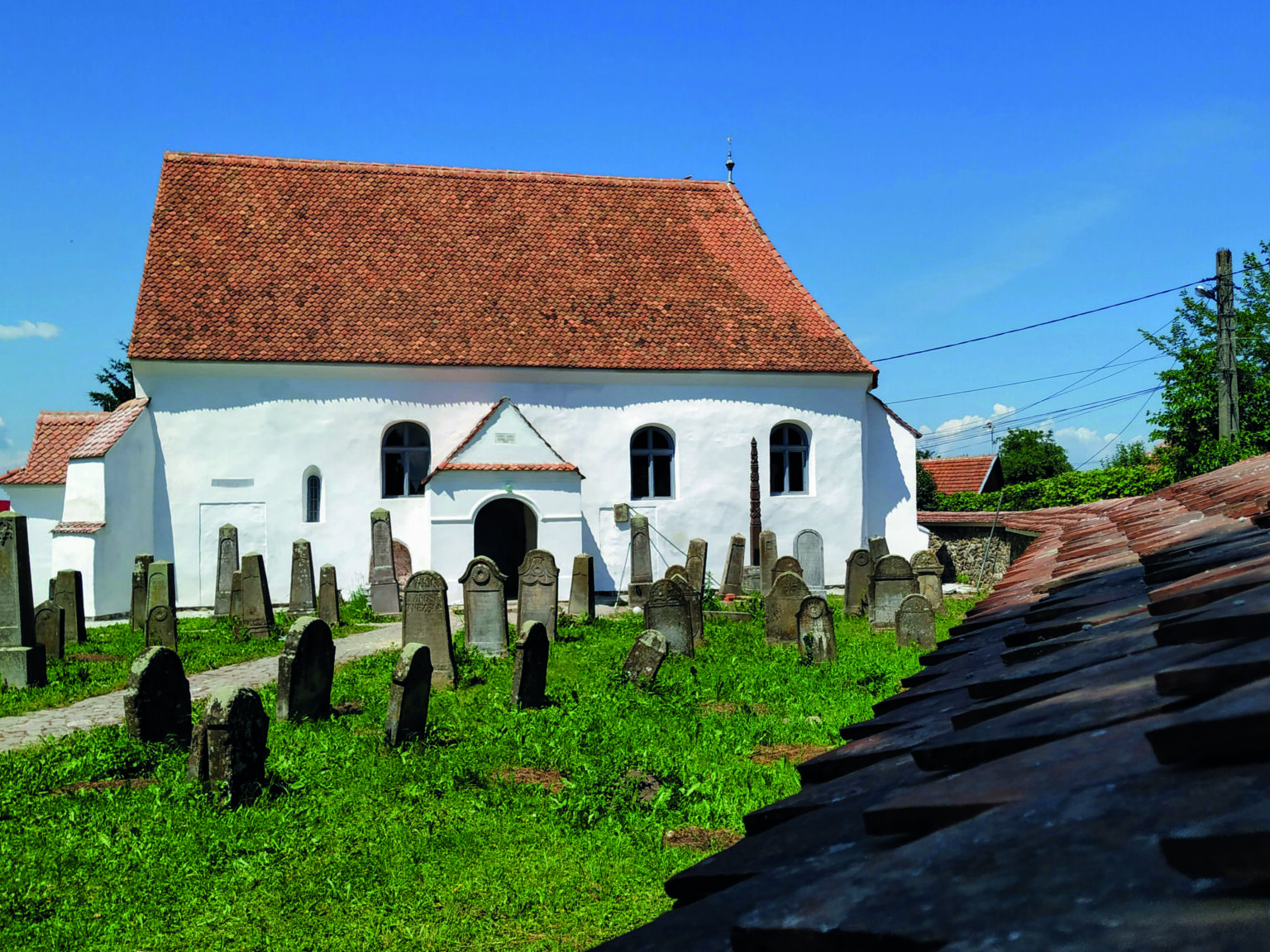
Without support from the mother country, the fate of small village churches would be sealed, since the local communities have no resources at their disposal to renovate them, and the monument protection policies of neighbouring countries do not focus on these edifices.
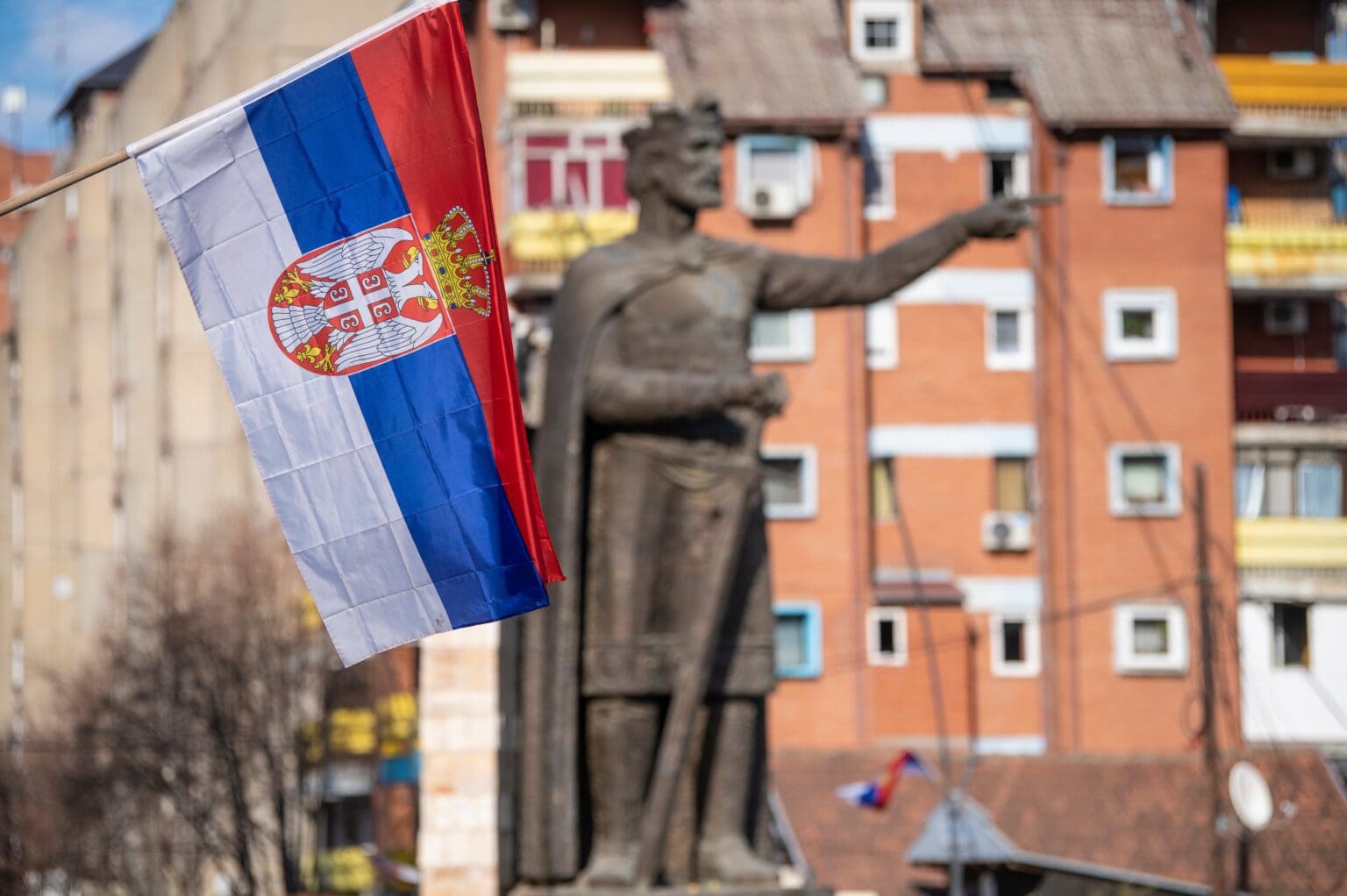
Despite the tensions with Serbia, in December 2022 Kosovo formally applied to join the EU. But unless relations between Serbia and Kosovo are normalized, accession of either of the countries is unlikely.
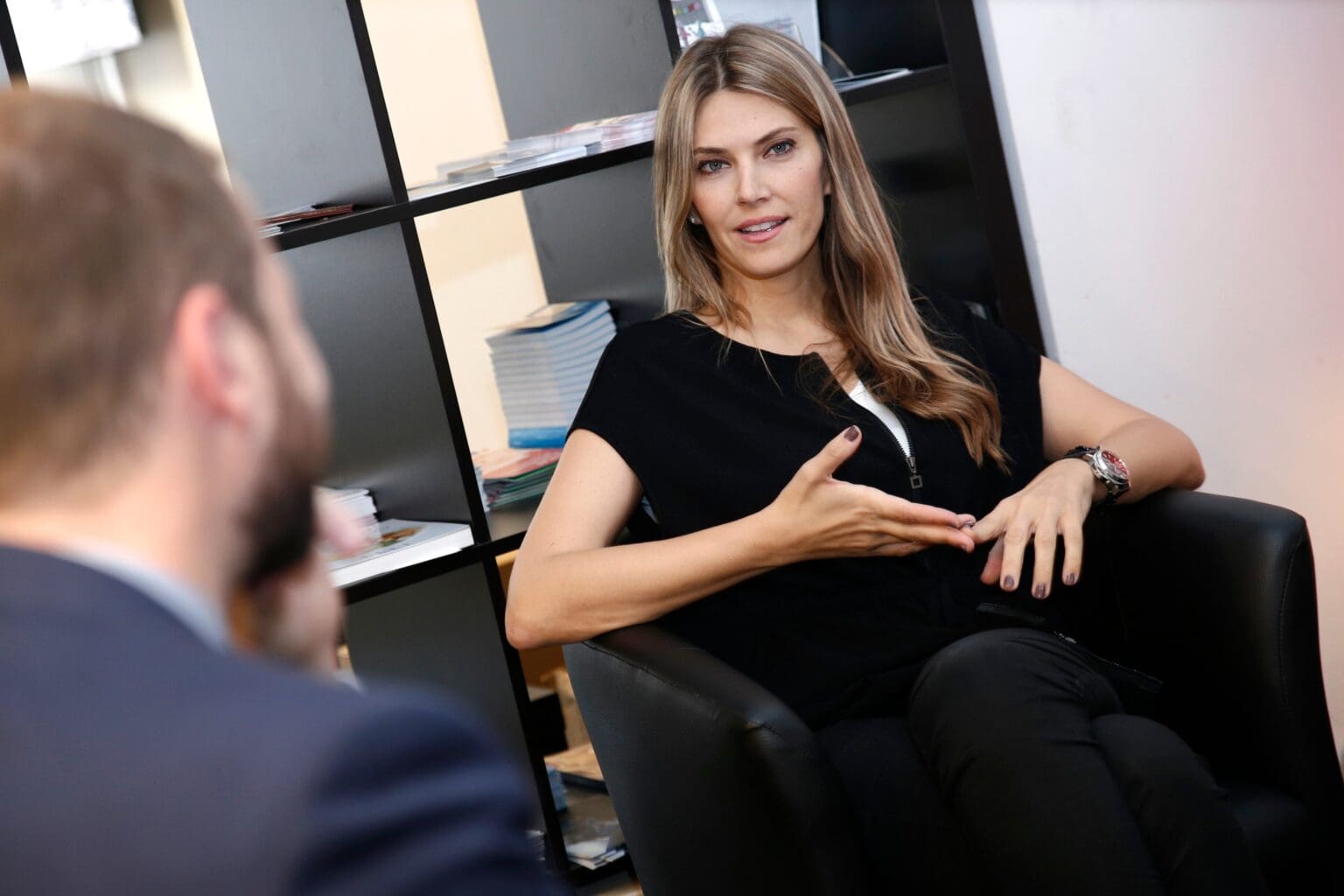
The corruption scandals of the EP make the lack of accountability of EU institutions visible for European citizens, contributing to increased disappointment with the system as it is today.

Countries including the United States and Japan as well as some EU member states have enhanced border procedures for tourists from China as a result of China abandoning its zero-COVID policy. Is Hungary planning to take similar action?
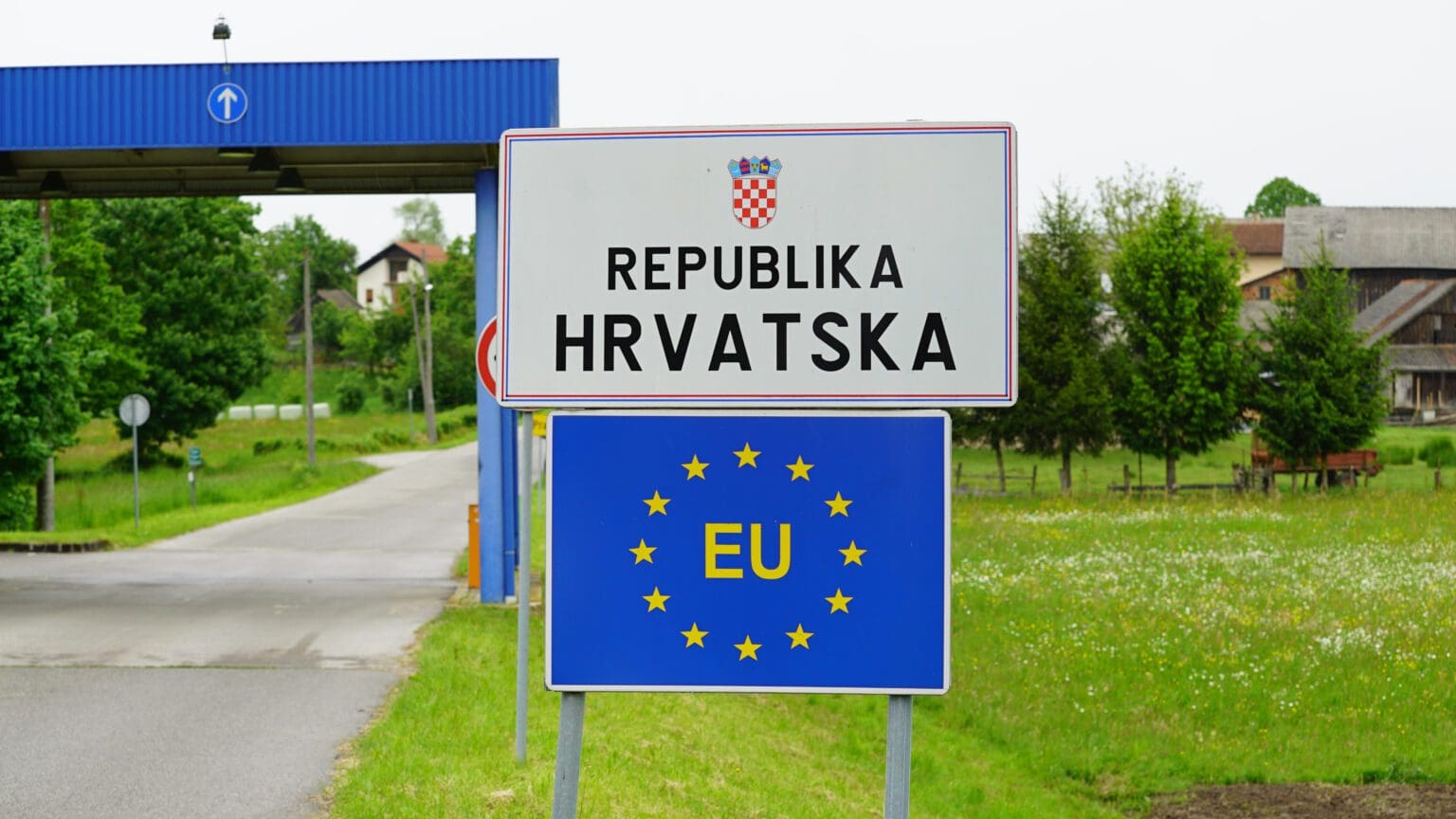
On January 1, 2023, border controls were lifted on the Croatian-Hungarian border. As the Croatian seashores are one of the most favourite tourist destinations of Hungarian tourists, Croatia’s accession to the Schengen Zone is great news for Budapest.

While left-liberal political and media organisations in Hungary are facing tough questions about receiving large campaign donations from the US from entities posing as NGOs, the second largest donor to the Democratic Party in the US is facing multiple counts of wire fraud charges.
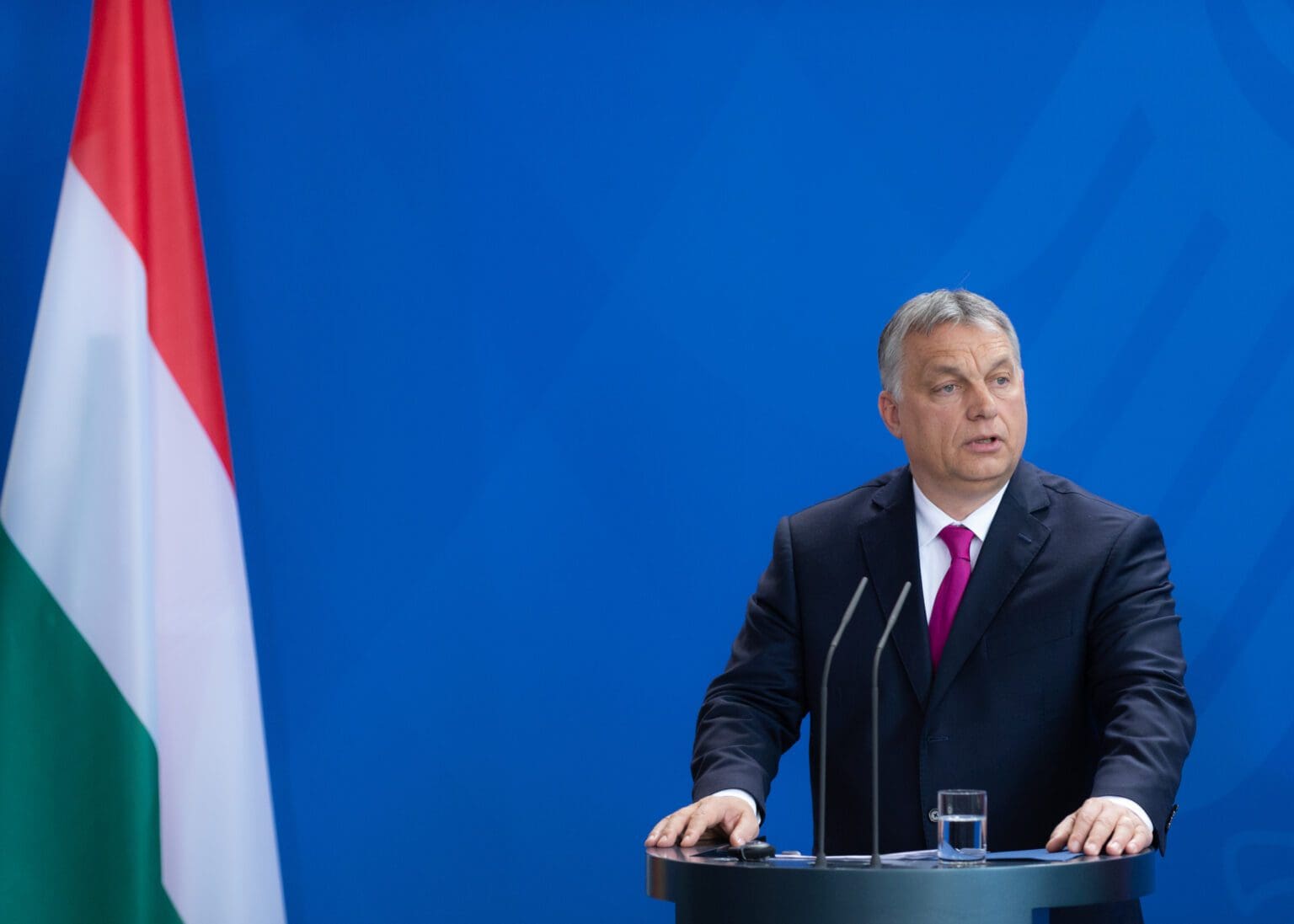
The goal is to curb inflation and avoid recession, Viktor Orbán stressed last year. On Tuesday, 3 January, Finance Minister Varga announced that Hungarian public debt has decreased more significantly than expected, dropping to 73.5 per cent of GDP in 2022, and confirmed that in line with the projection, last year’s budget deficit target was met, at 4.9 per cent of GDP.

Today our society, the Roman Church, and other ecclesiastical communities are experiencing an epidemic of confusion and moral and doctrinal disorientation, which is threatening the common good.

Instead of the setting that we can paraphrase as ‘the West (and Japan) versus Everyone Else’ that we got used to throughout past decades basically ever since the end of the Second World War, we will end up in a setting of ‘Africa versus Everyone Else’, where Sub-Saharan Africa remains the only source of significant migration.
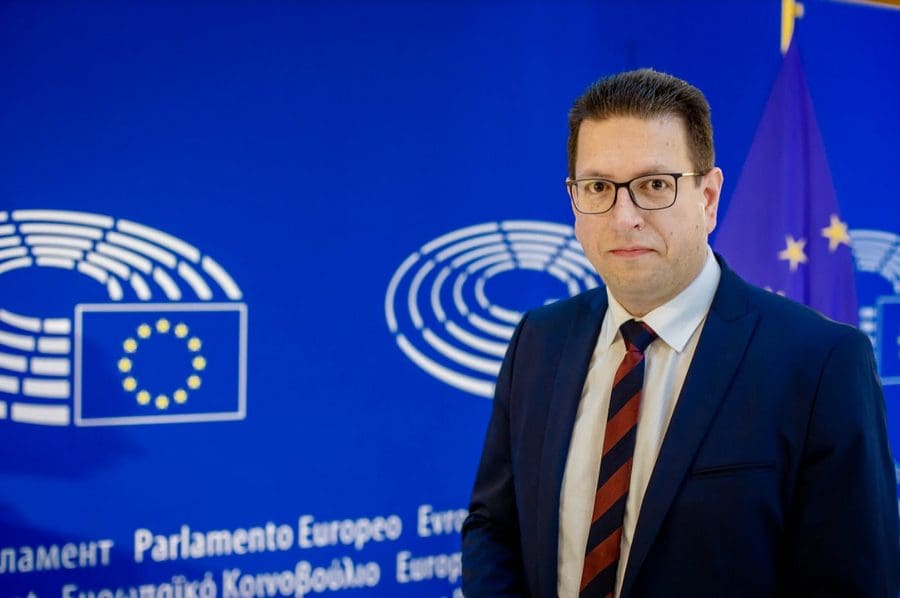
‘There are some member states that have their own historical sensitivities, and they don’t want European legislation on minority rights because that would mean that they must put their own house in order. 50 million Europeans who belong to a national minority are not protected by anti-discrimination legislation.’
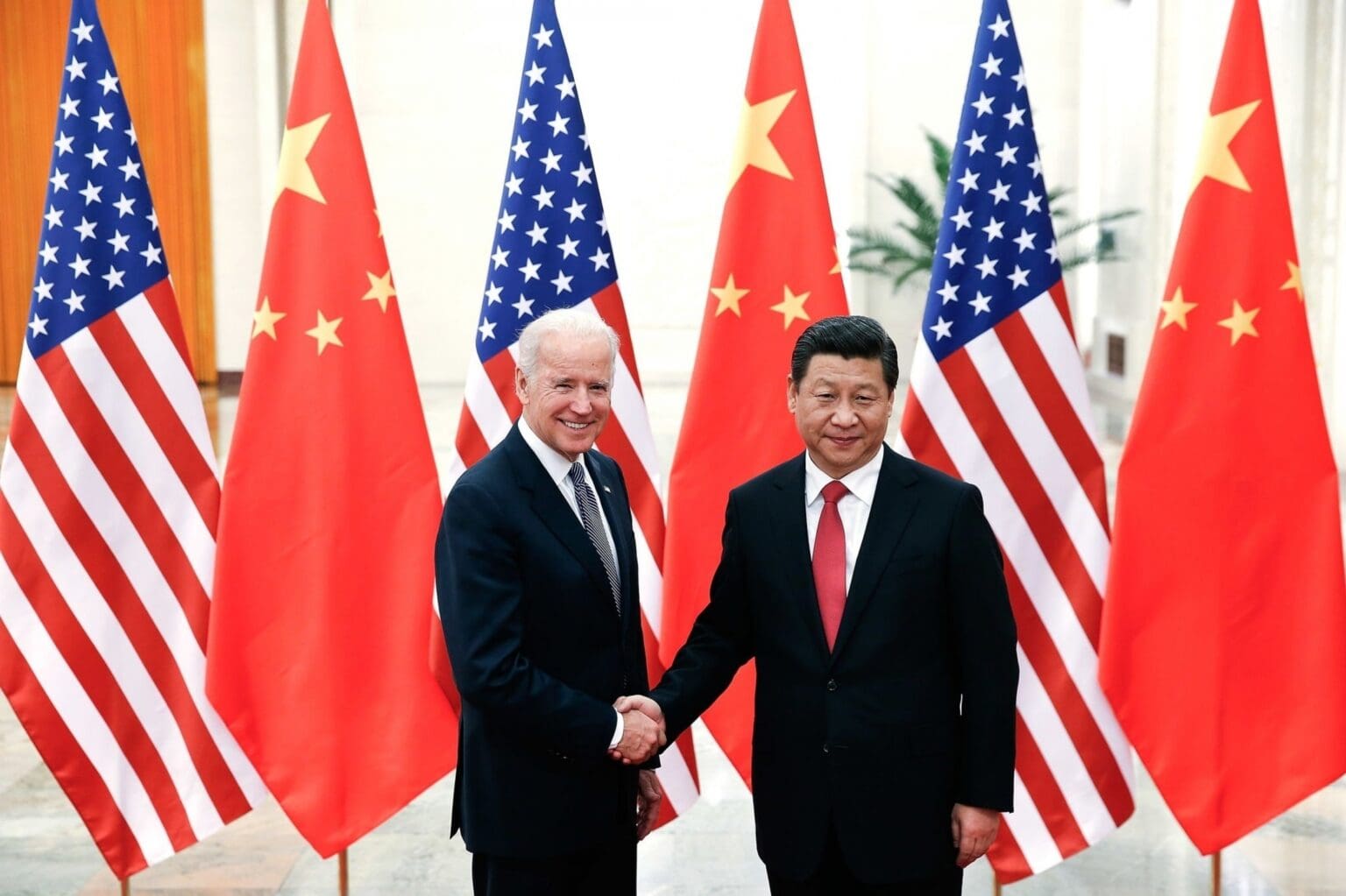
It appears that the Biden administration’s policy to require Chinese nationals who wish to enter the US to provide a negative swab test, which does not guarantee they are Covid-free, is nothing else than a cover-up.
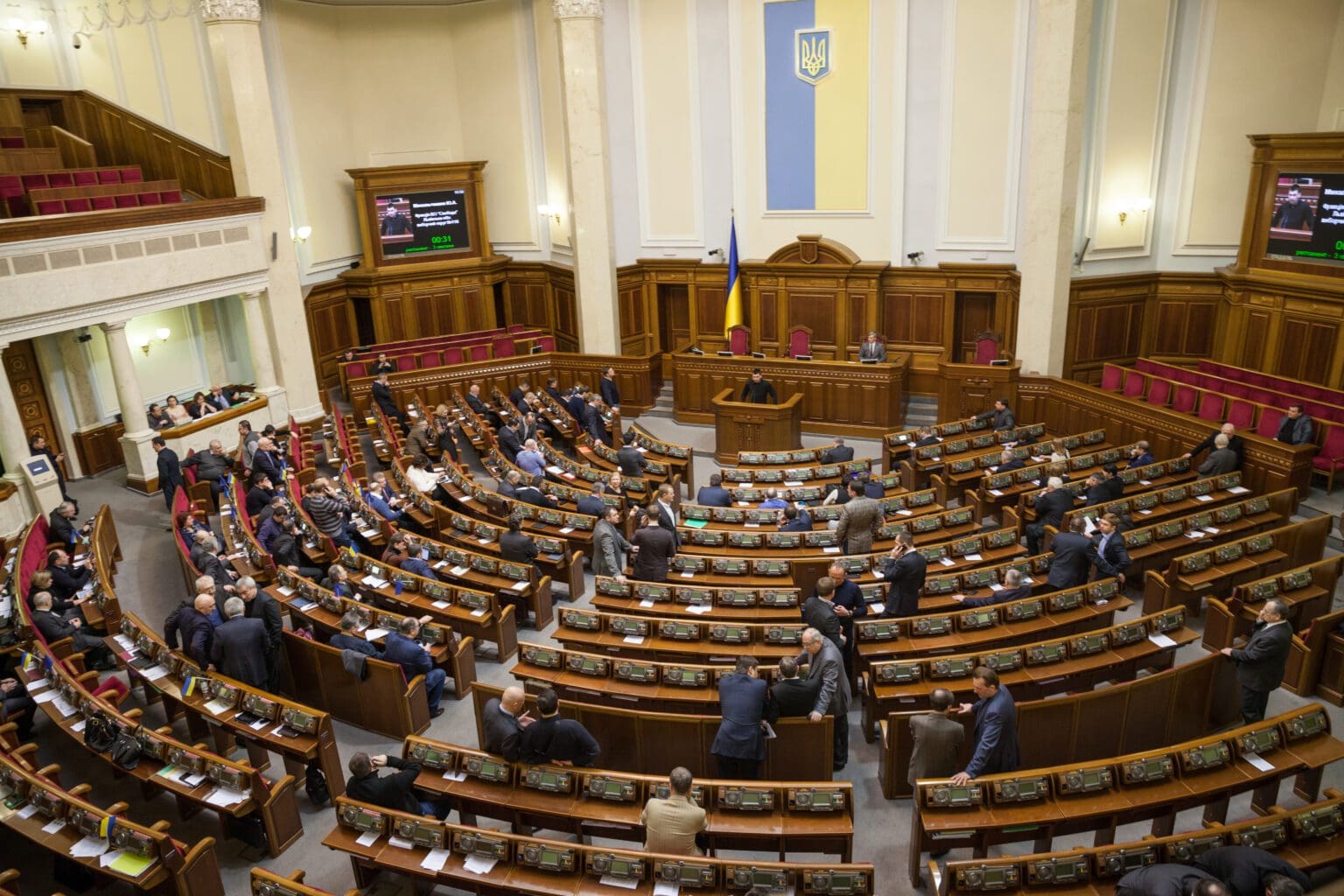
Ukraine’s newest attempt to meet EU expectations regarding national minority rights has again failed to grant sufficient institutional protections to the numerous minorities living in the country.
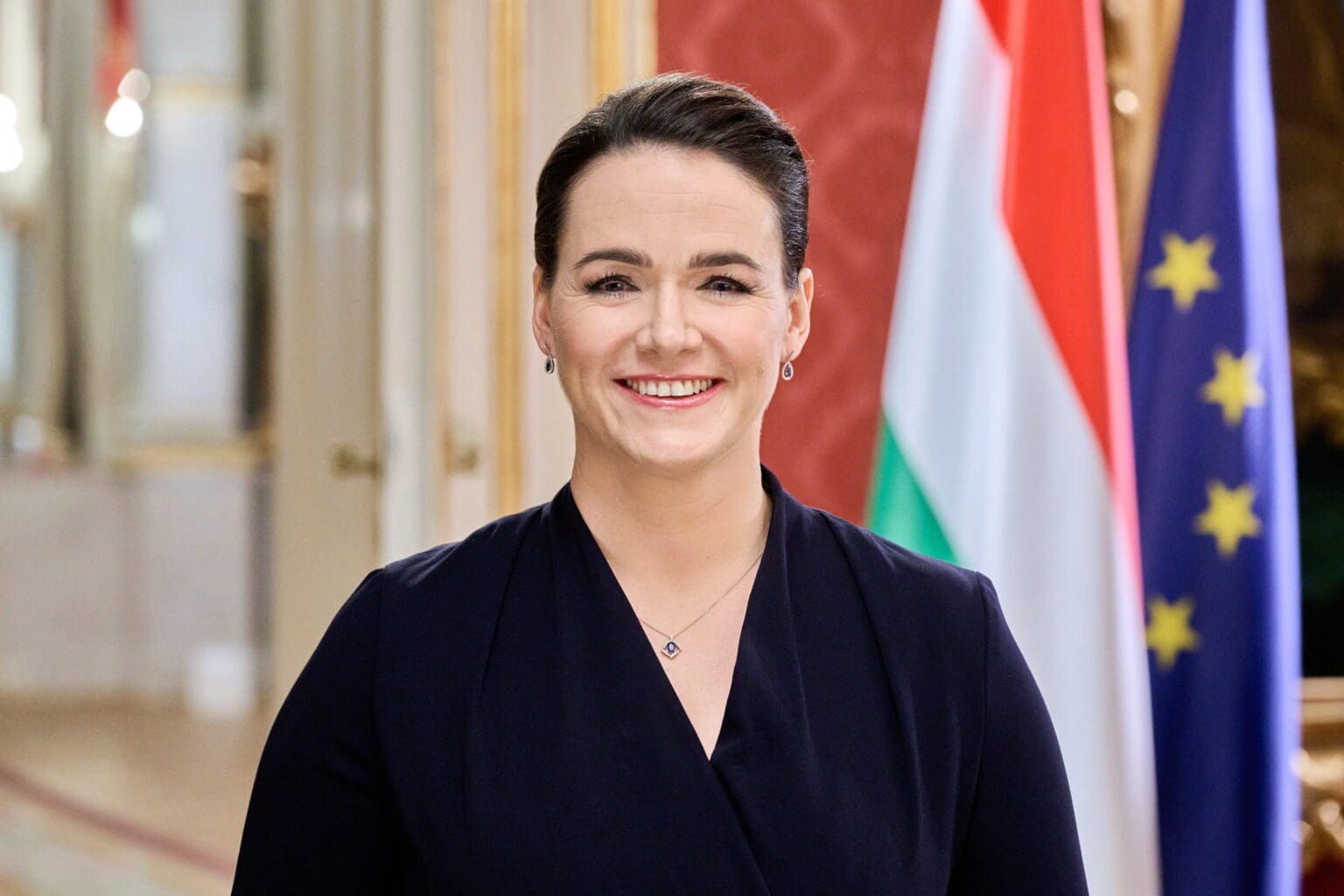
In her address, President Katalin Novák highlighted the difficulties the nation had to confront in 2022 and the resilience Hungarians showed in the face of challenges, and underscored the importance of solidarity and national unity.

It is important to mention that Europe, more precisely European football culture and Germany in particular, played a key role in the development and the successes of both the Japanese and the Korean team.

As communist ideology considered religion, including Christian faith ‘the opium of the people’, as Karl Marx famously put it, its teachings were labelled harmful—and so was celebrating Christmas as a Christian holiday.
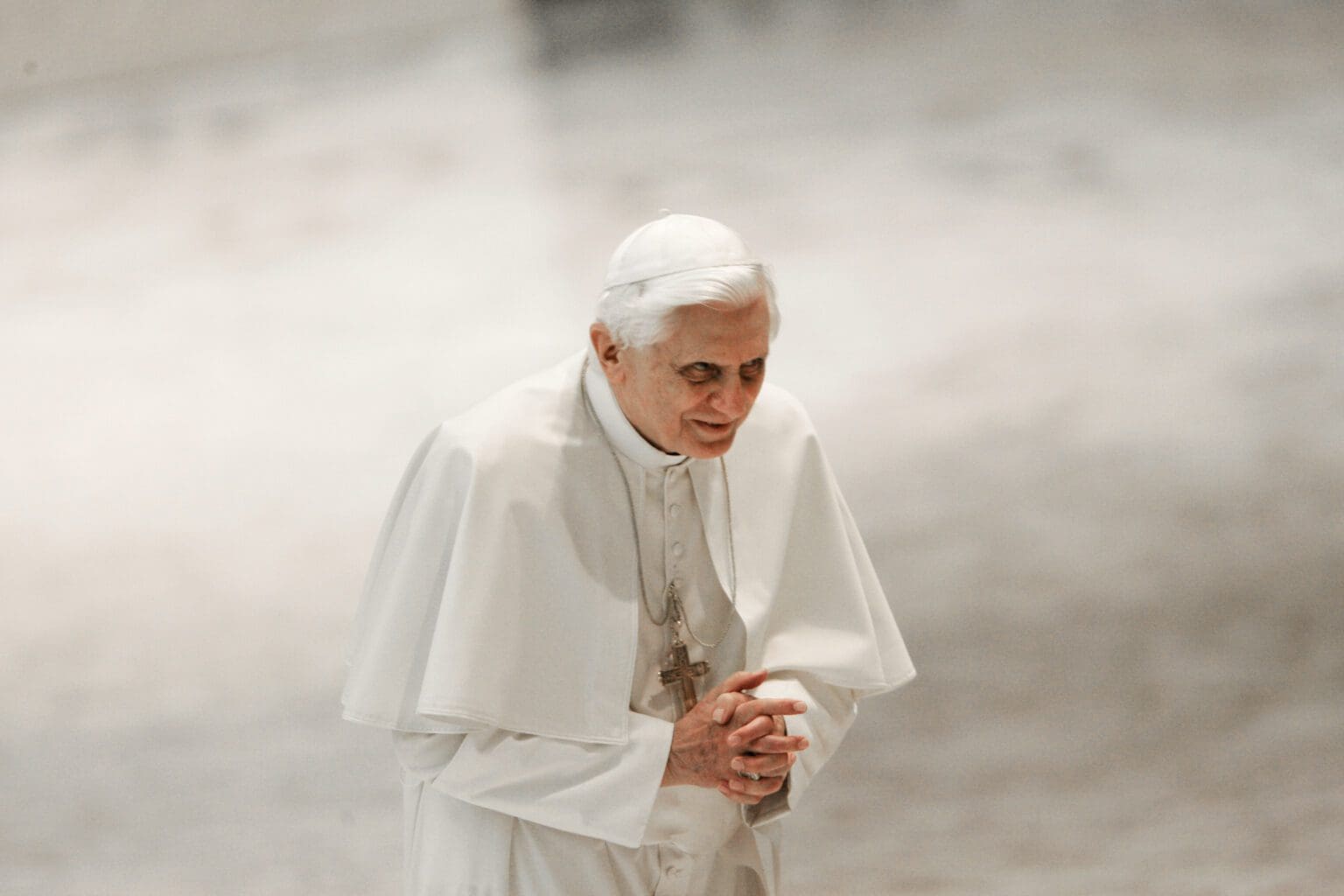
The Pontiff Emeritus, with his controversial Motu Proprio Summorum Pontificum, officially reintroduced the public celebration of the ‘Traditional Latin Mass’. He did not just restore the external beauty of the sacred liturgy, but he reminded us that contrary to so-called experts, the Tridentine Mass was never abrogated.

In the 1920s, seaplanes regularly took off the Danube in central Budapest, with passengers travelling on one-off and scheduled flights to several destinations within the country.
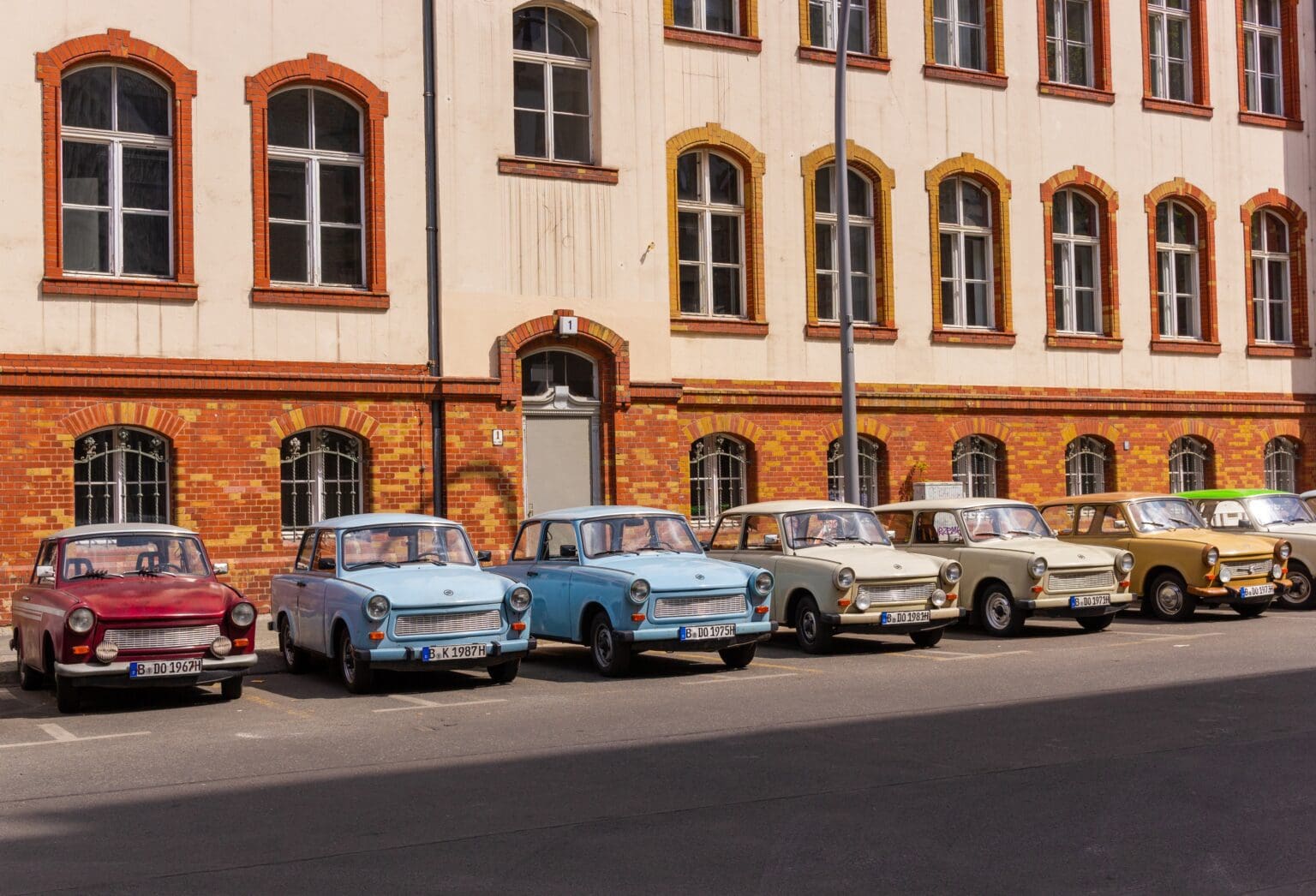
While Hungarian national memory of communism is far from being consolidated, the tendency among young people to view their ancestors’ actions under a totalitarian regime with empathy while at the same time to strongly reject communism as a political ideology is a promising development.
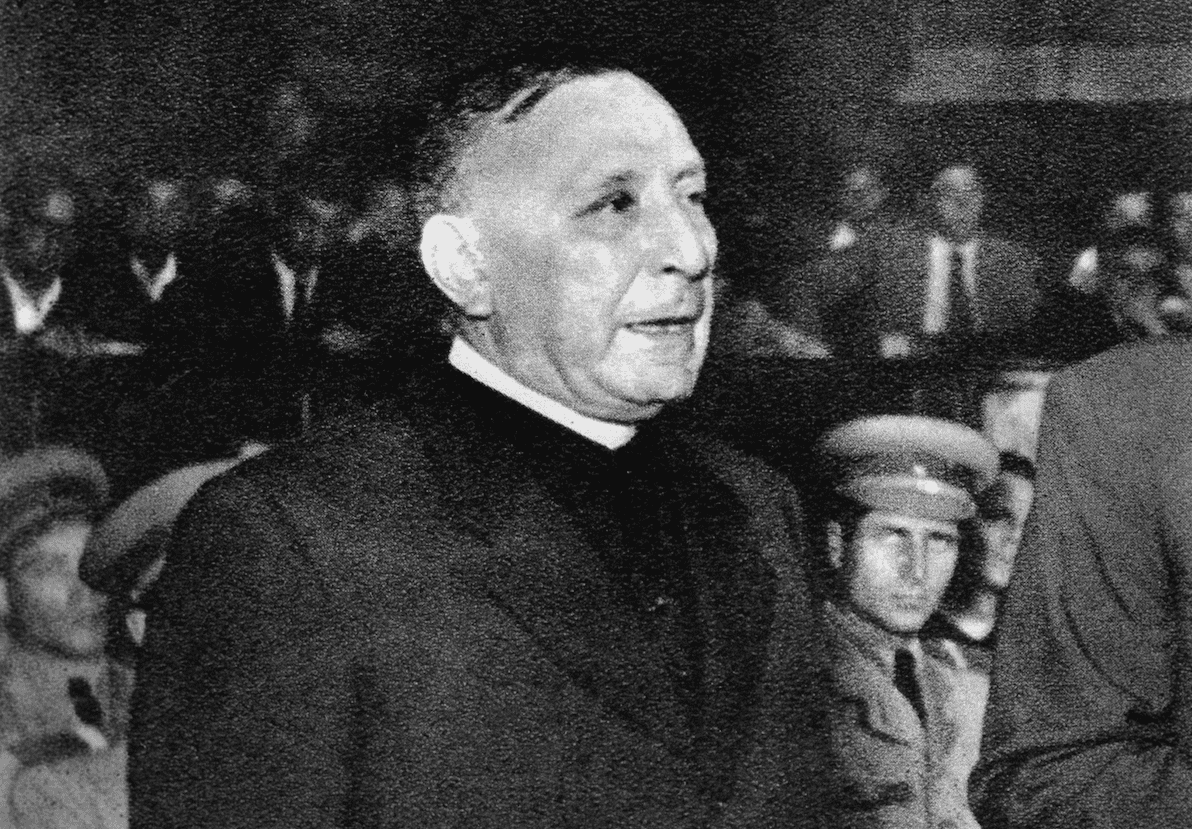
During the great show trials of the late 1940s and 1950s, the Communists often held small ‘side trials’, which provided ample opportunity to extract and collect further compromising data and testimonies against the primary targets, as well as to conduct silent showdowns and to set the course for later trials. This is how the Archbishop Grősz trial led to the arrest and imprisonment of some 50 people, including well-known Hungarian monarchists.
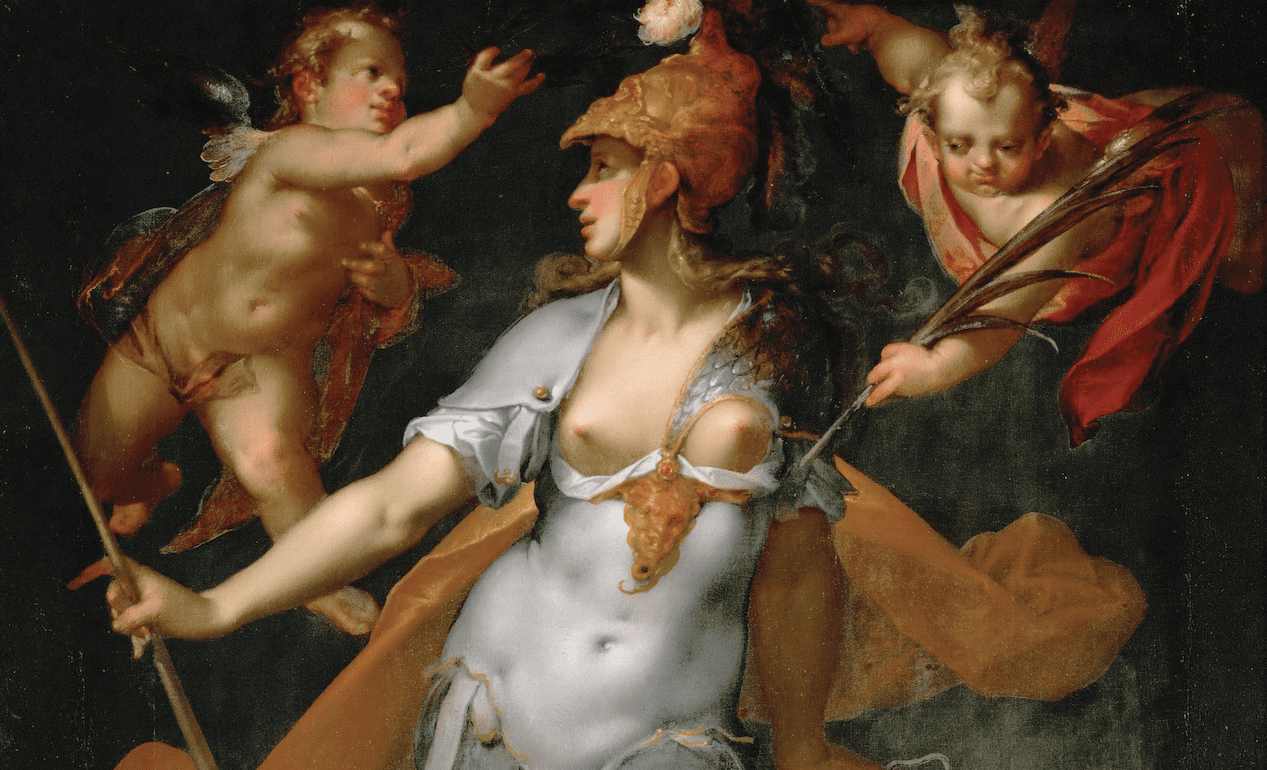
This paper should suffice to invite the reader on a theoretical pathfinding journey, throwing light on why some forms of criticism of modernity have faced difficulties.
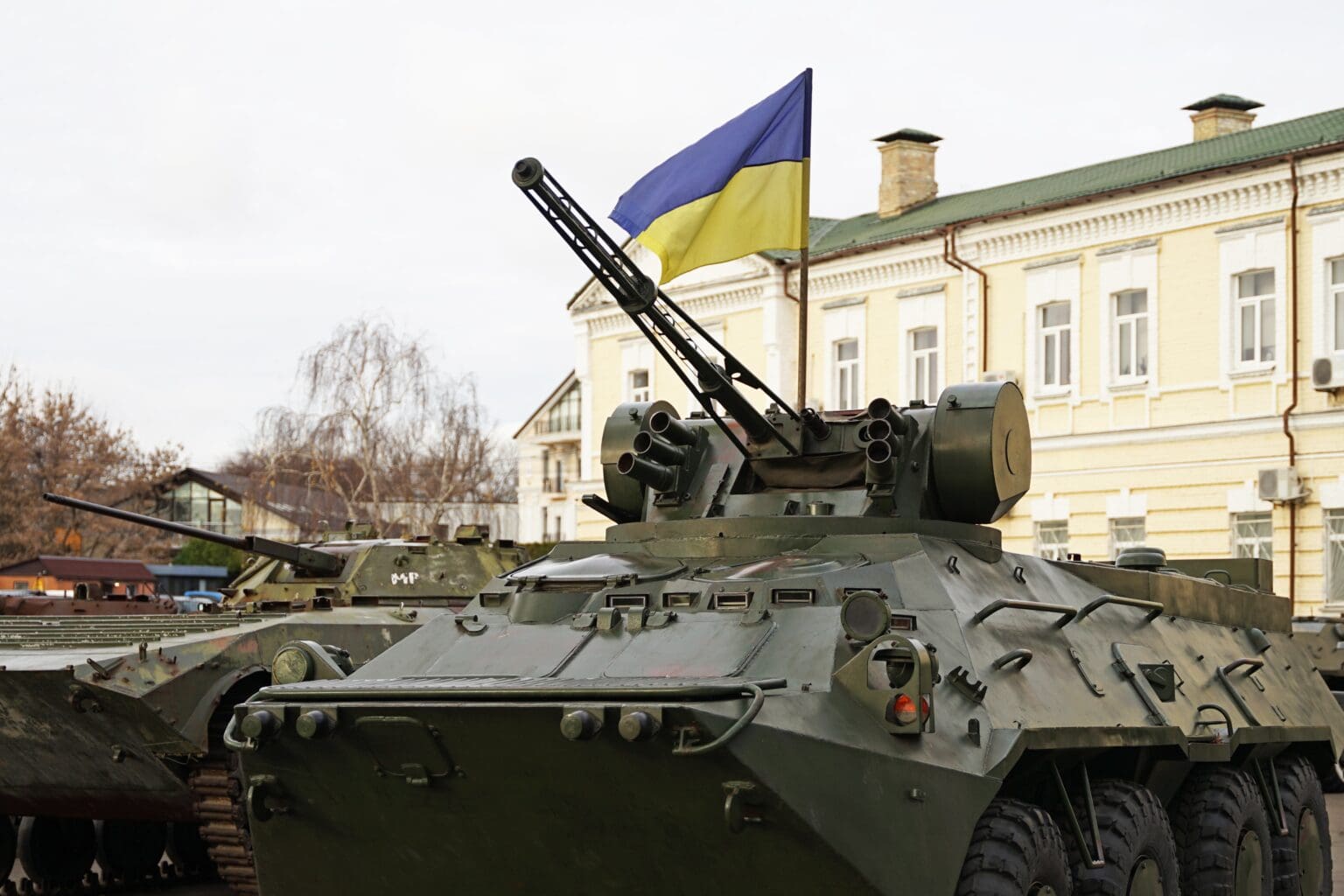
President Biden seems to personally gain if the war were to go on. It would continue to keep lawmakers and the mainstream media distracted from the corruption scandal that involves his son, Hunter Biden, with Burisma—an oil and natural gas company owned by Ukrainian oligarch Mykola Zlochevsky.
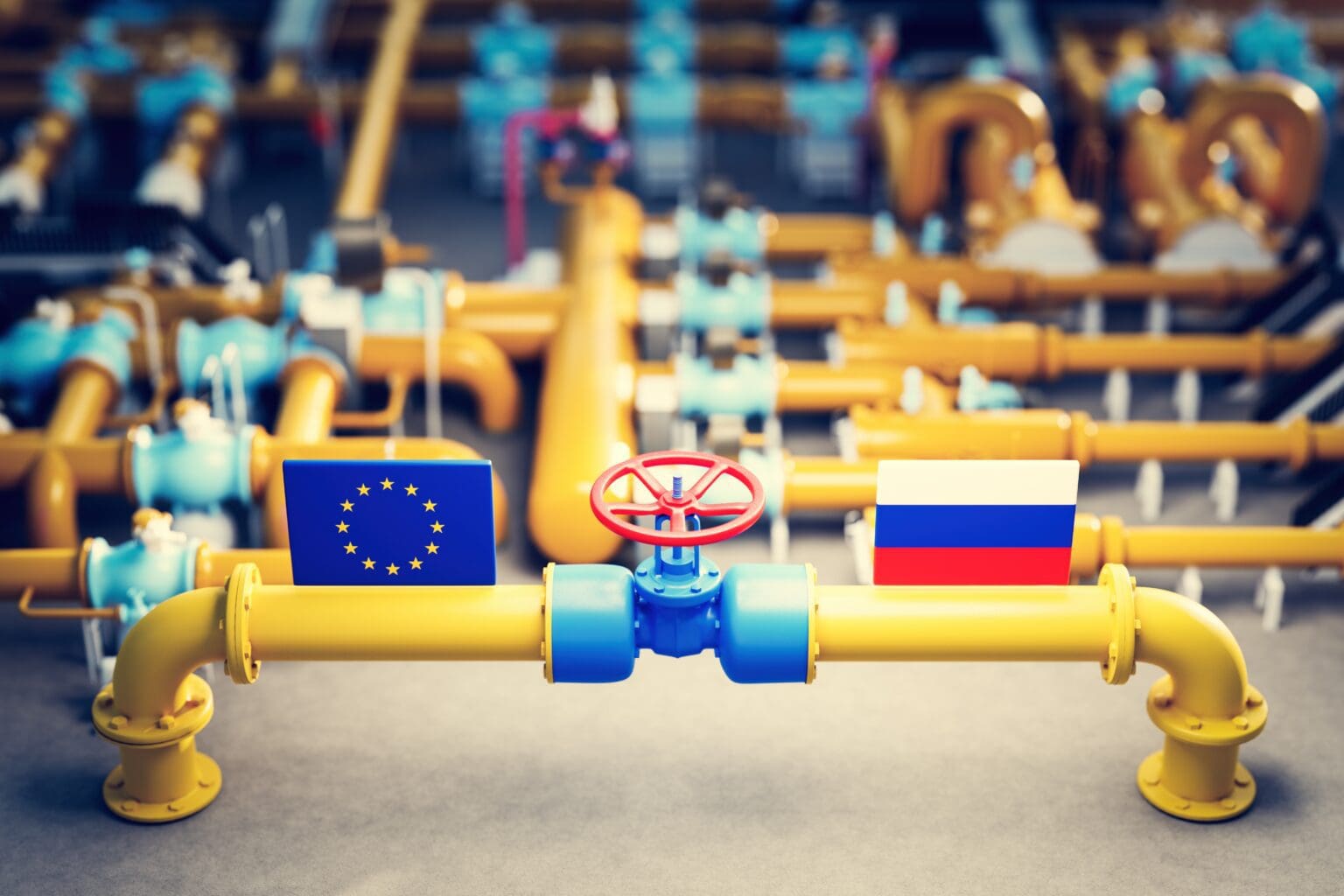
This year presented Europe with an unprecedented challenge regarding its energy security as a result of a substantial curtailment in Russian natural gas exports. As energy independence is literally impossible for the continent, Europe has to make a choice about where its exposures should lie.
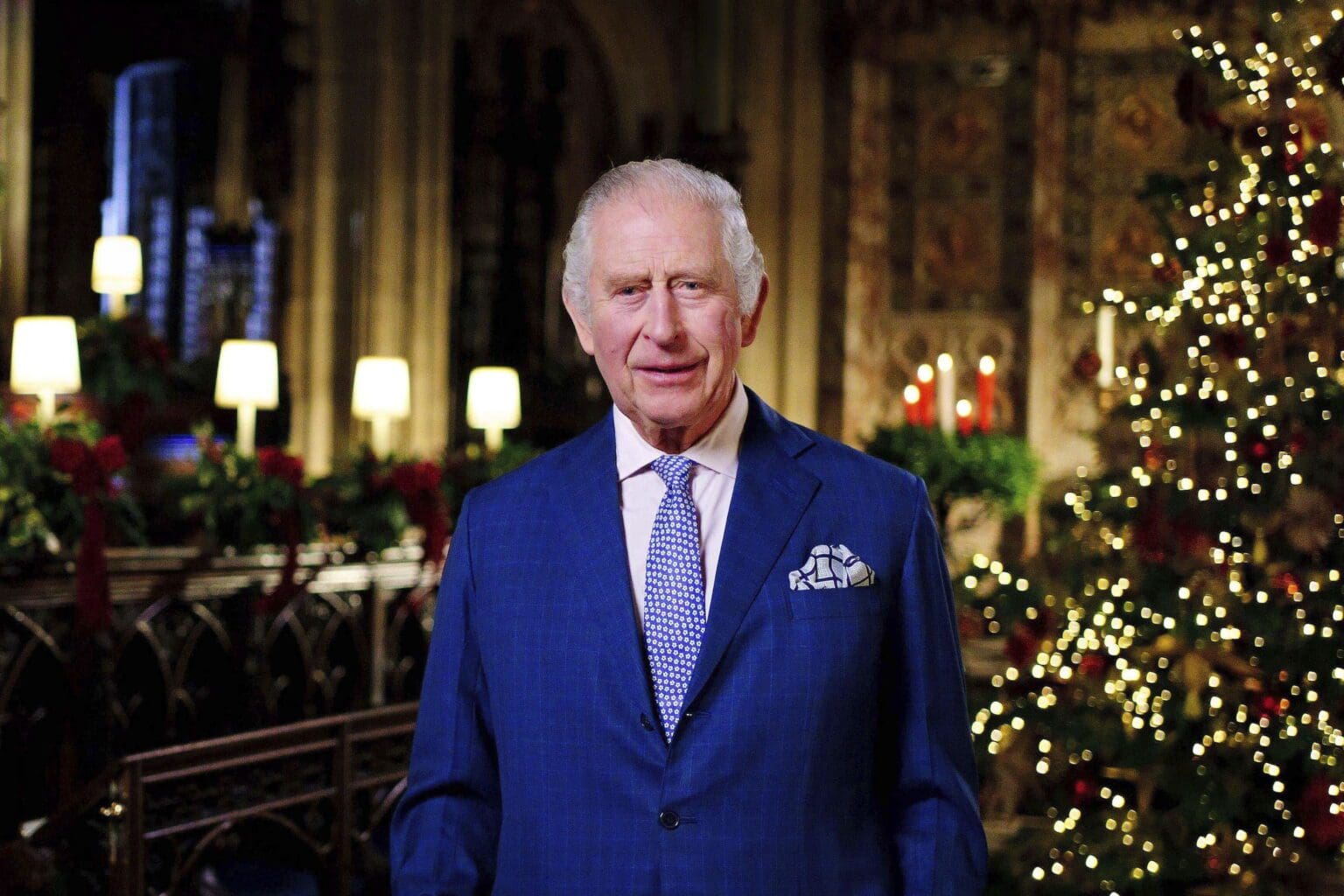
Unfortunately, the light of the star that guided the wise men to the place where the Prince of Peace was born (Matthew 2, 1-12), which Charles spoke about, is being rejected by the warring parties. Like Herod who believed that Jesus was the newborn King and refused Him, they too are not displaying any intention to be ‘men of good will’.

Hungarian Conservative is a quarterly magazine on contemporary political, philosophical and cultural issues from a conservative perspective.